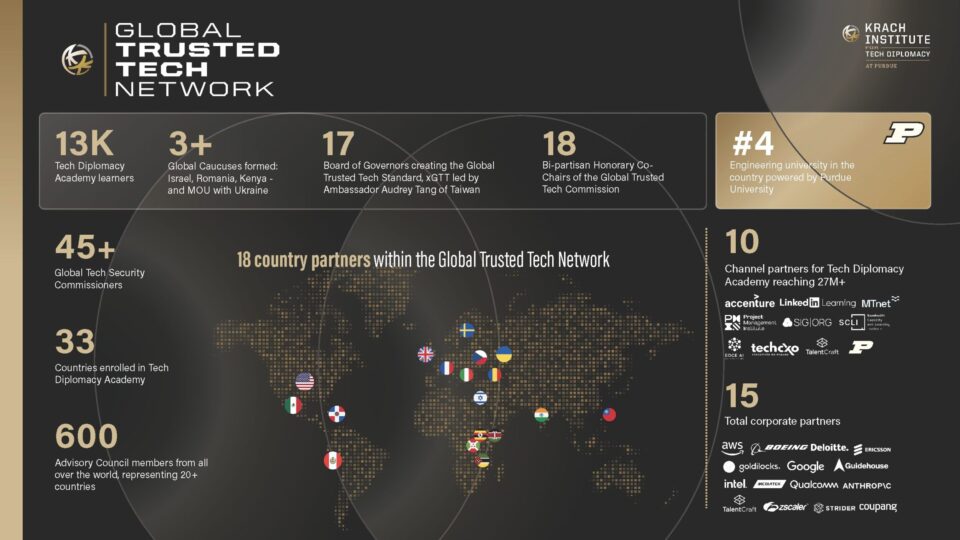China presents significant challenges to the world order, especially with its technology. One critical aspect of this has been China’s use of state-of-the-art artificial intelligence, surveillance, advanced biometrics, and mandatory DNA testing. China touts its facial recognition software that can distinguish an individual face in seconds, and the country is testing and utilizing software to identify ethnic groups and emotions. The state also uses public streetlamps with motion sensors, and the Chinese tech giant ZTE is exporting this technology. The dystopian reality of Chinese surveillance is now spreading across not only the country but also the world. As of 2020, more than 80 countries had purchased and adopted Chinese surveillance equipment and techniques.
Hudson Institute Senior Fellow and Krach Institute for Tech Diplomacy at Purdue Senior Advisor Nury Turkel hosts former Under Secretary of State Keith Krach, who is co-founder and chairman of the Krach Institute for Tech Diplomacy at Purdue, which has rapidly become a global authority on tech statecraft. Krach was nominated for the 2022 Nobel Peace Prize for his work creating a transformational model of diplomacy known as the “Trust Doctrine.” This model was deployed to build the Clean Network Alliance of Democracies, which addressed China’s attempts to control 5G. Listen in to the discussion on Chinese surveillance technologies and implications for democratic freedom and norms, privacy, and national security. They will discuss divestment from Chinese companies complicit in human rights abuses that spawned a movement on college campuses, and the need to strengthen defenses against the Chinese high-tech companies that present serious threats and challenges to US national and economic security, data privacy, and democratic freedoms.


